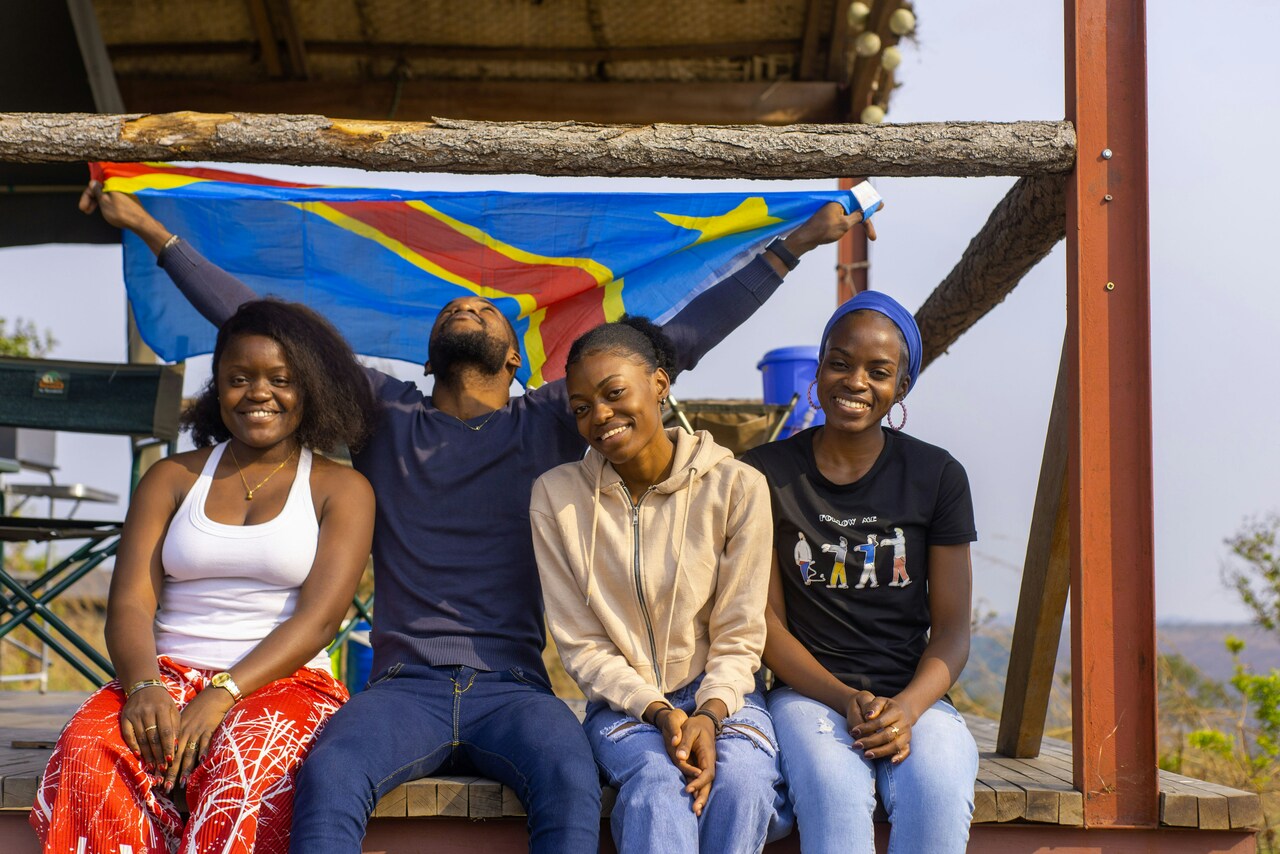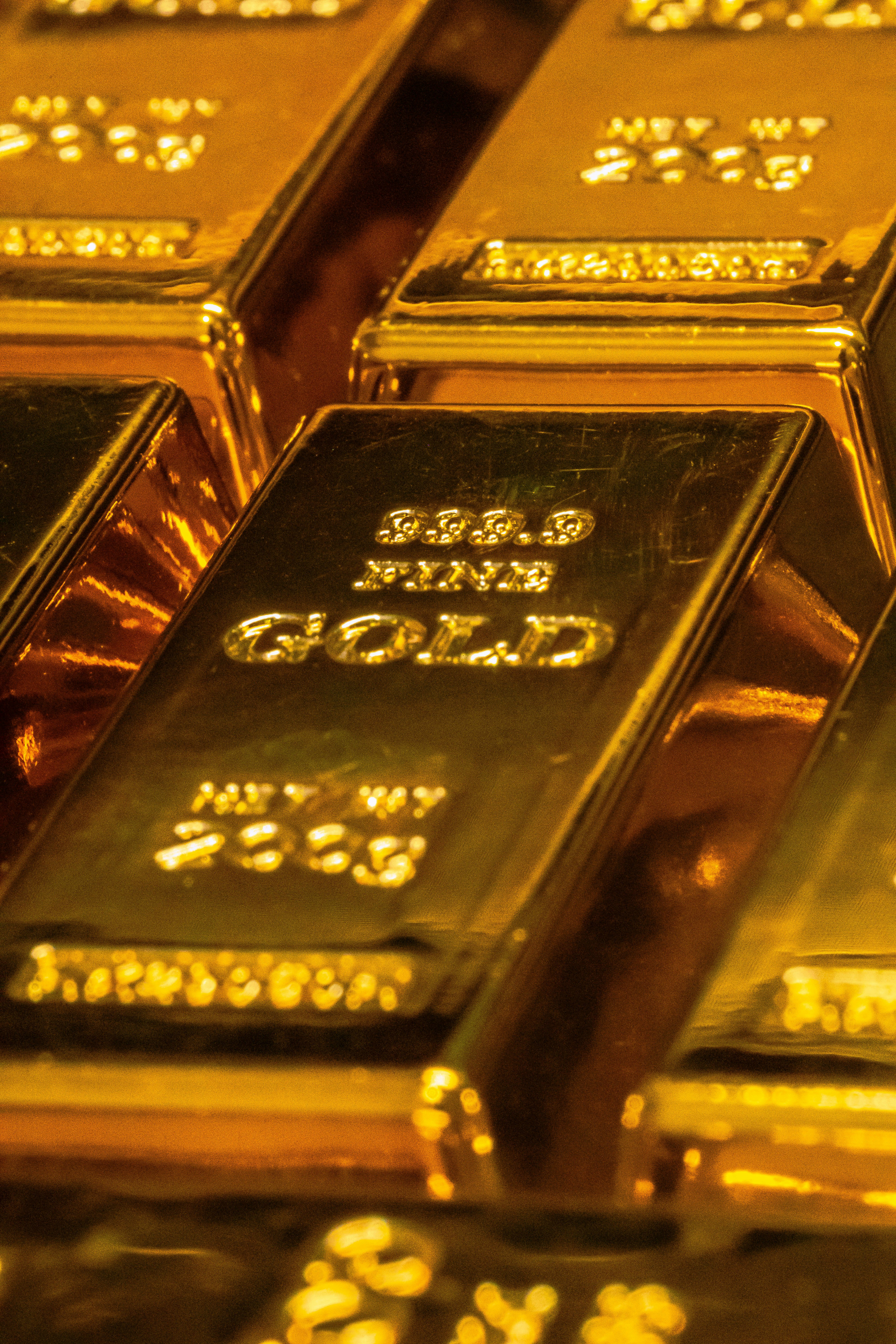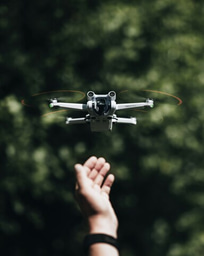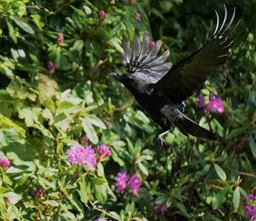The Crisis in the DRC: A Nation Rich in Resources but Poor in Justice


The Democratic Republic of Congo (DRC) is rich in resources like cobalt, gold, and coltan—key materials for phones, electric cars, and clean energy. Yet, instead of bringing prosperity, these resources fuel conflict, poverty, and environmental destruction. Can the DRC break this cycle and turn its wealth into a force for peace and sustainability?
Superfluity: Wasting Wealth and Human Lives
The Democratic Republic of the Congo (DRC) does not suffer from a lack of resources—it suffers from waste. Despite its abundant wealth, mismanagement prevents these resources from being used effectively. This phenomenon, known as superfluity, occurs when a nation has plenty but fails to translate it into meaningful benefits for its people.
INDUSTRY 5.0: A Human-led Industrial Evolution
INDUSTRY 5.0 is the first industrial evolution ever led by humans, emphasizing waste prevention and the efficient use of resources. Unlike previous industrial revolutions, which prioritized automation and digitalization, INDUSTRY 5.0 restores the balance between technology and human intelligence to create a more sustainable and wasteless world. The Democratic Republic of the Congo (DRC) faces challenges related to all five types of waste identified in INDUSTRY 5.0:
- Physical Waste – Mines destroy forests and rivers, leaving behind pollution.
- Social Waste – Millions of people are displaced, unemployed, or forced into child labor.
- Process Waste – Corruption and illegal mining take wealth away from the people.
- Wasting of Time – War and instability slow down progress.
- Urban Waste – Abandoned mines and broken infrastructure leave communities struggling.
A Story of Hope: Nature and Peace Together
In Virunga National Park, rangers risk their lives to protect mountain gorillas from poachers and armed groups. Despite years of conflict, their dedication has helped safeguard one of the world’s most endangered species. Even as war threatens the region, conservation efforts persist, proving that nature still has its defenders.
When there is peace, the park brings jobs through tourism. People earn money in safe ways instead of illegal mining or cutting down trees. Protecting nature helps both people and animals.
This shows that the DRC can have a better future. If the country’s resources are used wisely, people will have jobs, and nature will grow strong again. A wasteless world means peace, justice, and protecting both humans and wildlife.
Lessons Learned
The crisis in the DRC teaches us important lessons about sustainability, peace, and justice:
- Wealth Alone Does Not Bring Prosperity – Natural resources should benefit everyone, not just a few. Fair distribution and responsible management are key.
- Waste Leads to Suffering – Wasting resources, human lives, and time creates poverty and conflict. Efficient use of resources can prevent war and suffering.
- Peace and Conservation Go Together – When people protect nature, they also create jobs, stability, and a better future for communities.
- Accountability Matters – Governments, businesses, and consumers must take responsibility for where resources come from and how they are used.
- A Wasteless Future is Possible – The DRC can move from destruction to prosperity by stopping corruption, promoting fair mining, and protecting its environment.
A Better Future: How We Can Stop the Waste
To end this cycle of waste and exploitation, we must act now:
✔ Stop Conflict Minerals – Companies must stop buying minerals from war zones.
✔ Peace Talks Must Continue – The Luanda and Nairobi processes must work faster.
✔ Fair and Responsible Mining – The DRC’s resources should benefit its people, not just big businesses.
✔ Protect Nature – Mining should not destroy forests, rivers, or wildlife.
✔ Hold Corporations Accountable – Tech and car companies must ensure fair wages and safe working conditions for miners.
A Wasteless DRC is Possible
The DRC should not be a land of suffering. Its wealth should bring peace, jobs, and progress, not war.
📢 We demand an end to conflict minerals and illegal mining.
🚨 We call for peace and justice through the Luanda and Nairobi agreements.
✊ We stand with the Congolese people for their rights and dignity.
⚡ We push for a clean energy future that does not harm people or nature.
The time to act is now. A wasteless DRC is not just a possibility—it is a importance. To turn this vision into reality, we must prioritize waste prevention. This can be achieved by implementing practices that ensure resources are used efficiently, supporting innovations in sustainable industries, and empowering local communities with knowledge to prevent waste in agriculture, water use, and manufacturing. Every step towards waste prevention contributes to a more prosperous and sustainable future for the DRC and beyond.





Please sign in or register for FREE
If you are a registered user on WildHub, please sign in